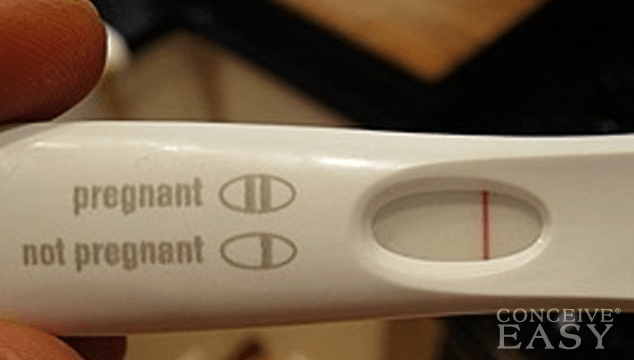

Can You Fake A Positive Blood Pregnancy Test?įaking a pregnancy test with apple juice, soda or another household substance has been shown to work in some cases, but is it possible to fake a positive blood pregnancy test? If you want to prank your partner you can try dipping your pregnancy test in apple juice, it has worked for some and might work for you too. Using apple juice to fake a pregnancy test isn’t guaranteed to give you a positive result but many women out there have been successful using this method.

Pour a small amount of apple juice into a container.If you are planning a pregnancy test prank, here is the apple juice method: It is thought it may be down to the sugars in the apple juice or even its acidity reacting with the enzymes in the pregnancy test, creating a false-positive result. However, there is a lot of anecdotal evidence in blogs, online forums, and on social media claiming that you really can get a positive pregnancy test using apple juice.

There is no HCG present in apple juice and there is no scientific evidence to explain which chemicals in apple juice could be responsible for a positive result. Let’s take a look at the process and delve into why it works.Īs for why it works, this is a bit of a mystery.
#FAKE PREGNANCY TESTS HOW TO#
How To Fake A Pregnancy Test With Apple Juice?įaking a pregnancy test with apple juice is not an overly complicated process. Here is a list of some of the substances people have used to fake a pregnancy test: However, if you are looking to purposefully fake a pregnancy test, there are a few methods that you can try.Īs pregnancy tests work by monitoring levels of HCG, you will need to use substances containing elements that will react with the enzymes in the test kit in the same way urine with HCG would. Fertility medications can also cause a false positive, especially the synthetic HCG shot. If you are currently undergoing fertility treatment, you may get a false positive when you take a pregnancy test. Some anti-anxiety medications, antihistamines, antipsychotics as well as many other medications can cause a false positive result on a pregnancy test. Can You Fake A Positive Pregnancy Test?įaking a positive pregnancy test is perhaps easier than you may think.įalse-positive results can happen if you are taking certain medications. Some brands will show a + sign for a positive, others will reveal two lines for a positive result, some change color and digital pregnancy tests will say ‘pregnant’, some brands also reveal how many weeks. When taking a home pregnancy test all you need to do is ‘pee on a stick’.Įach pregnancy test kit will come with specific instructions but the basics are: pee on a stick, enzymes in the test react with the urine and after a short wait there will be a positive or negative result. Women wanting to test before their missed period should use a test that will detect lower levels of HCG.

The majority of pregnancy kits will test for HCG levels of around 25 to 50. Some brands claim to detect lower levels of HCG and can be taken a few days before a period is due. When taken around the time of a missed period, pregnancy tests are around 99% accurate. In those early days after conception, the hormone levels are low and are only detectable by a pregnancy test after the embryo has implanted into the uterus wall. HCG increases as the pregnancy progresses. This process can take around 6 to 12 days and once the fertilized egg implants into the uterus lining, the body starts producing HCG. HCG can be present in the urine (and blood) approximately 10 to 14 days after conception.ĭuring conception an egg is fertilized by sperm in the fallopian tube, it then travels down and attaches to the uterus lining. Pregnancy tests work by measuring the levels of the human chorionic gonadotropin hormone in a woman’s urine.


 0 kommentar(er)
0 kommentar(er)
